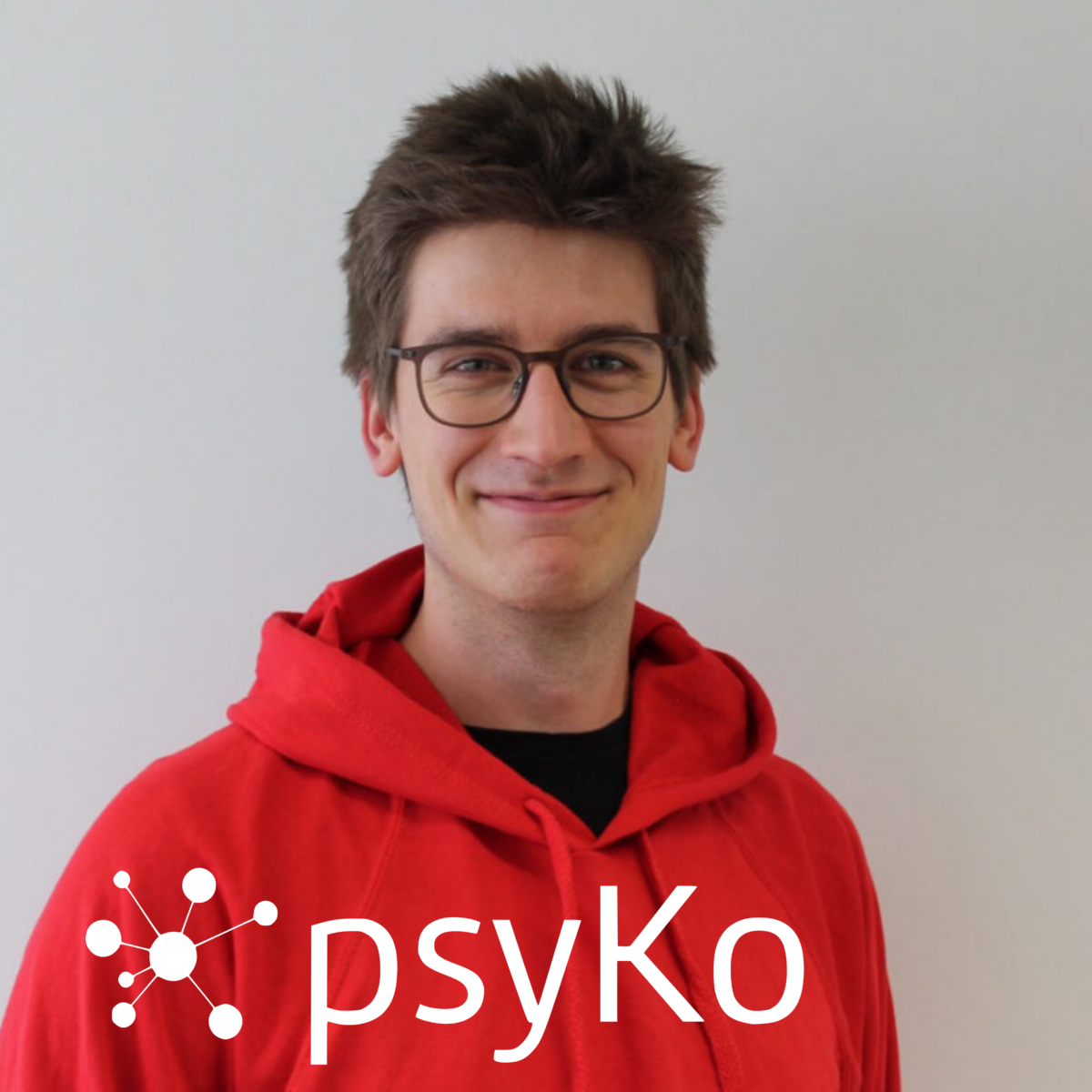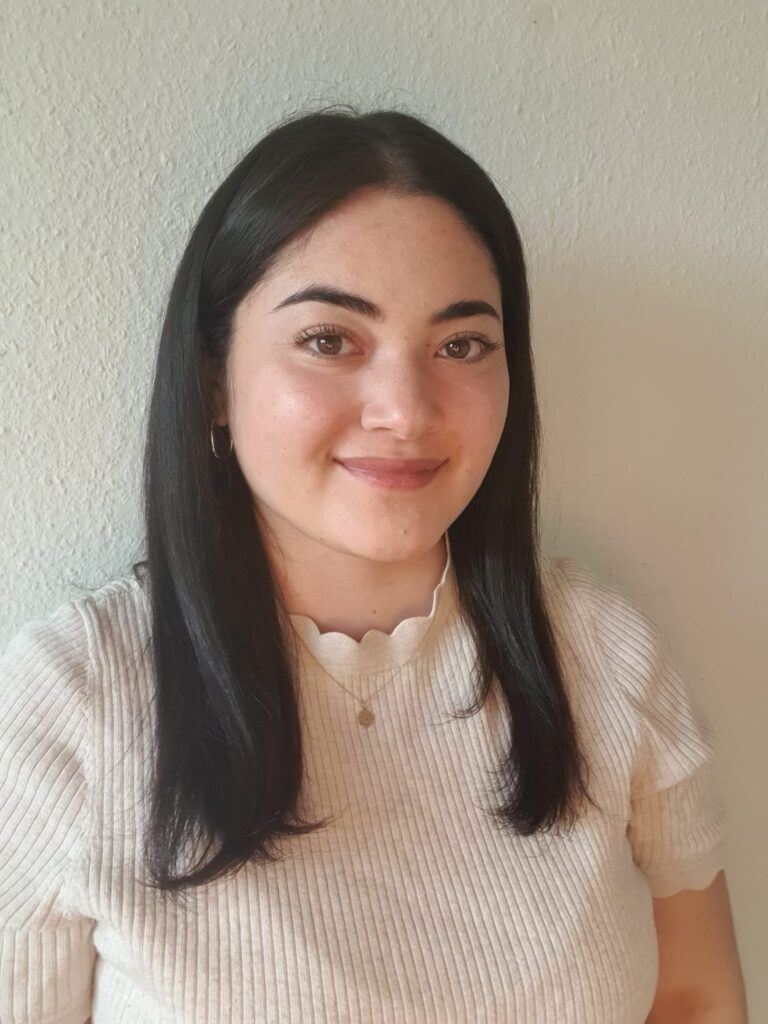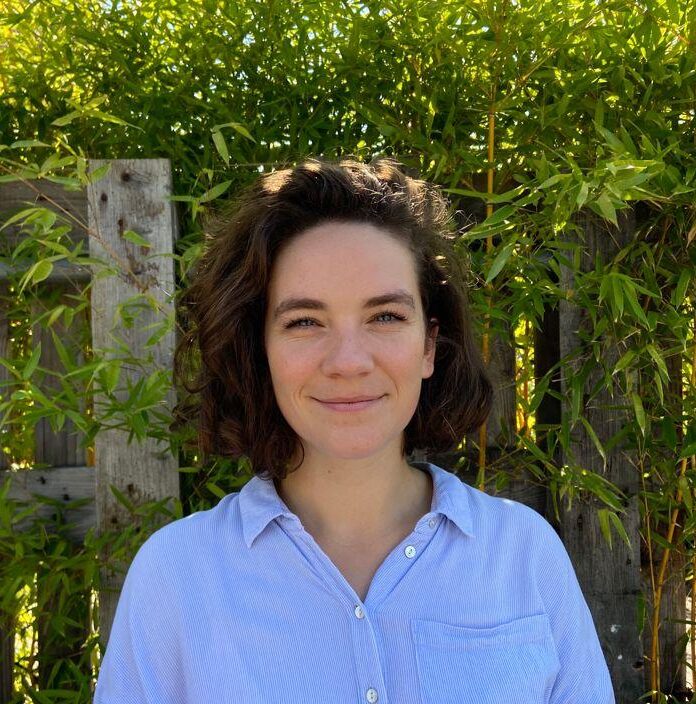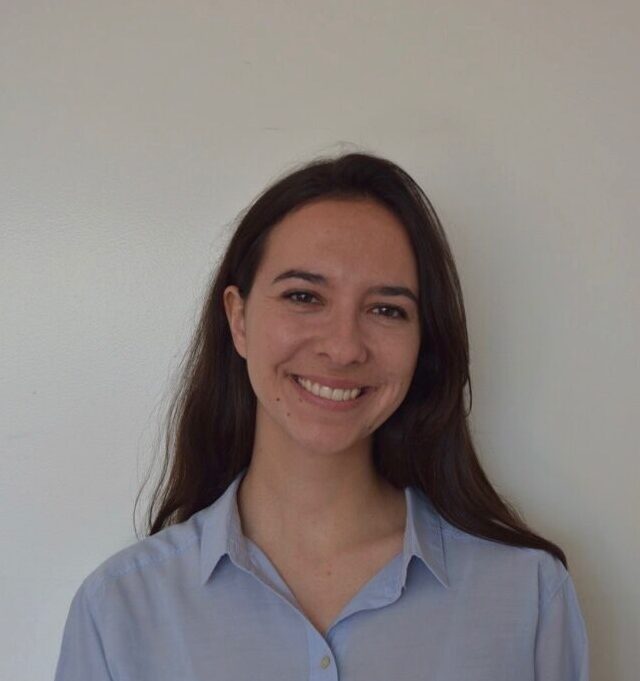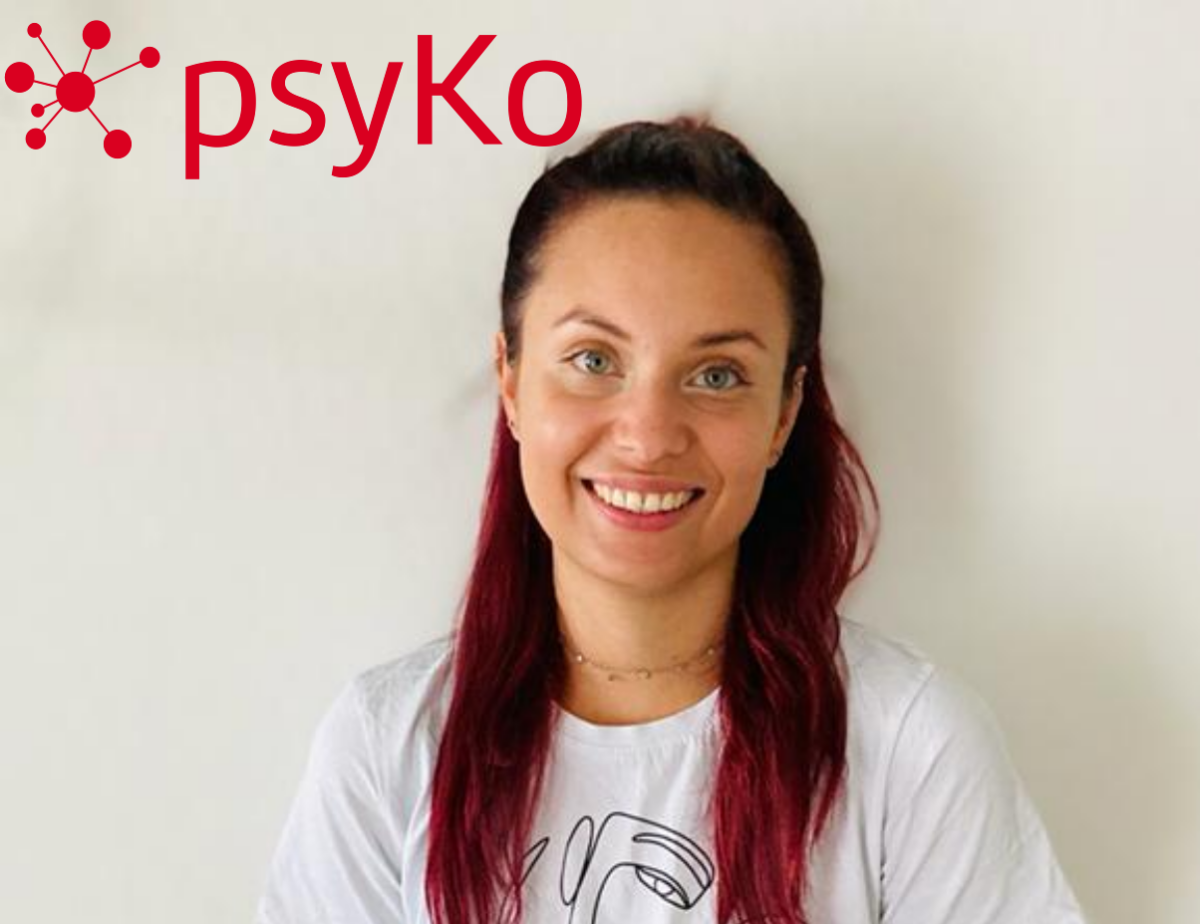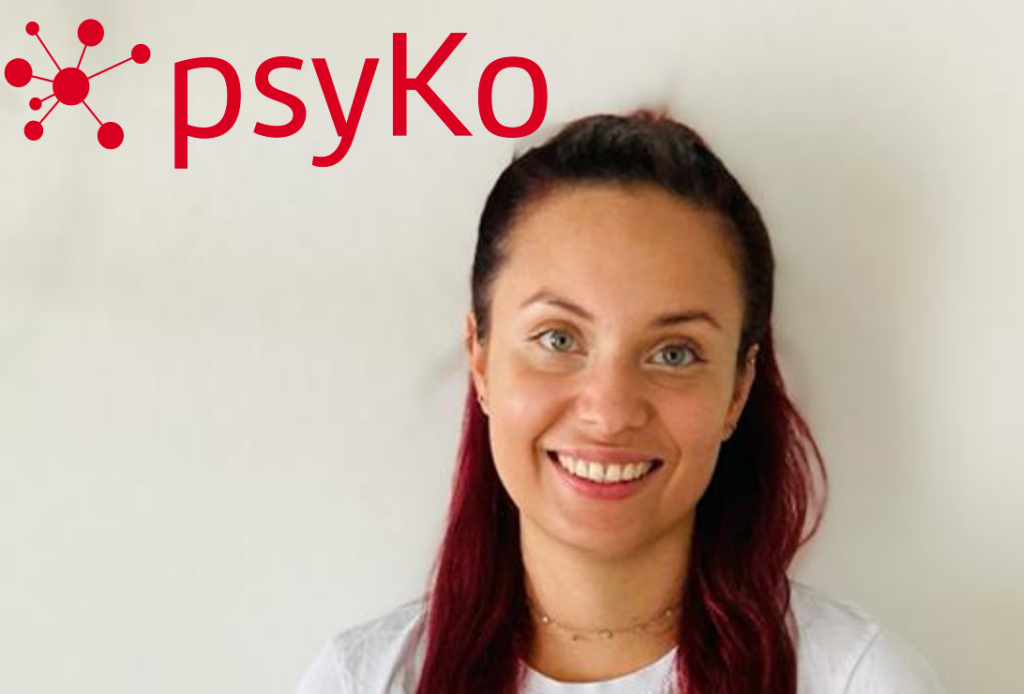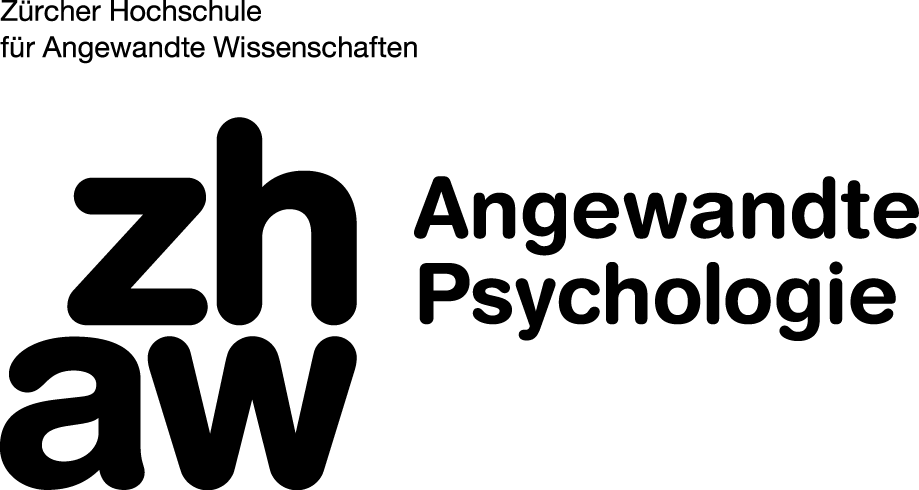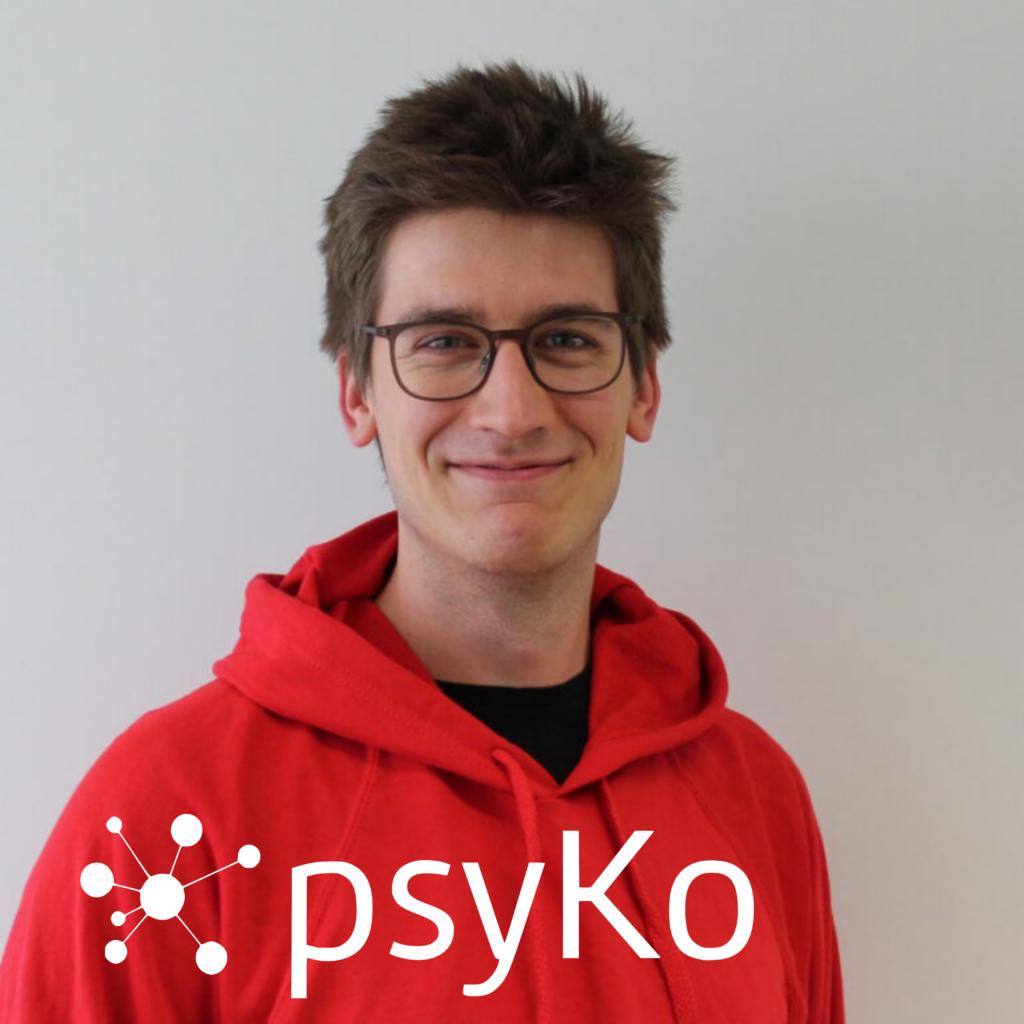
Hey Ralph! We’re all excited to hear about the next psyKo, but first, tell us a bit about yourself!
Hey! I’m currently finishing the last year of my bachelor’s, at the university of Bern, where I’m doing a major in psychology, and minoring in computer science. I have experience working in a wide range of organisations and events, from the Samaritans association in Bern, to organising the high school christmas ball.
So how did you end up as the Head of psyKo21?
I’m tempted to say, purely by chance! All the way back in 2019 I was working in the library of UniBern, and found myself standing in front of a wall plastered with leaflets and invitations to various associations. An announcement calling for people to join the psyKo team stood out, and I ended up contacting Yara Delegado, landing the position of co-head of psyKo19.
As you all know, the conference got canceled, for reasons that are all too familiar to us by now. And so, I ended up moving to the head of communications mandate, in the psyCH mother organisation. After a year in psyCH I felt pulled towards psyKo again. Seeing that the Head of psyKo position was open, I decided to go for it!
I really have the feeling that with my experience working in different organisations, I’ll be able to build a solid and well-documented foundation for future organisers to build upon. It’s way easier to get started when you have a little guidance, and don’t have to do everything from scratch.
So I’ve heard this year’s theme is the future of Psychology. What does this mean to you?
The future of psychology is obviously a rather large theme, and that is partially why we chose it! We’re still booking speakers, workshops and infotables, but our current focus is on technology. Among the confirmed speakers are Thomas Berger, winner of the Marcel Benoist prize, who will talk about the possibilities offered by online therapy. We’re working to include speakers from fields such as sentiment analysis, and other areas putting modern technology at the service of psychology. We also hope to have representatives from the newly founded ALPS foundation present the new frontiers discovered in psychedelic studies!
Awesome! So when and where is psyKo22 going to happen ?
So the location is the Lucerne Youth Hostel, meaning we’re going to be close to the city, and right in the middle of Switzerland!
The current date is in the beginning of April, but as you all know, the COVID situation is rather unpredictable, and constantly subject to change. It’s hard to plan with new variants and measures popping out here and there at an unpredictable pace. That being said, the current dates are 01.04 till 03.04, and registration will open soon! PsyKo22 will happen, and it will be an in-person event!
PsyKo is so much more than a weekend for participants to learn about new areas of psychology. It’s also a possibility to meet and connect with students from all over Switzerland, making new friends and sharing knowledge. That means that we would rather postpone the event than have it be an online happening.
Sounds great! Anything else you want to tell our readers?
Yes! If you want to get involved, do not hesitate to contact me on head.of.psyko@gmail.com
And to everyone else: see you at psyKo22!

